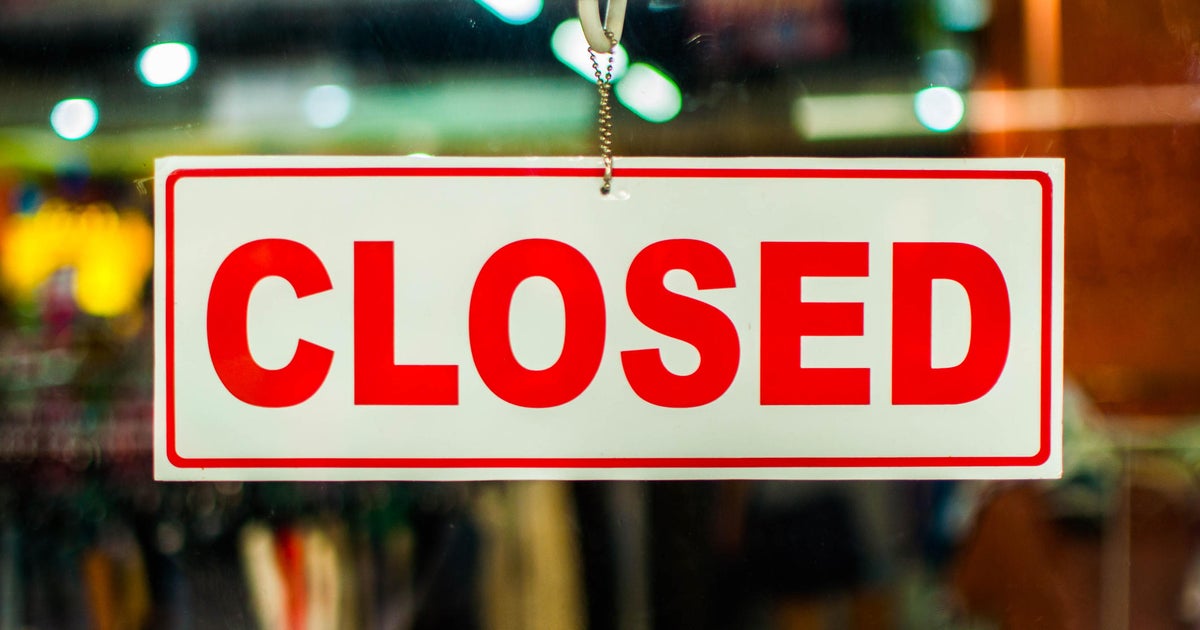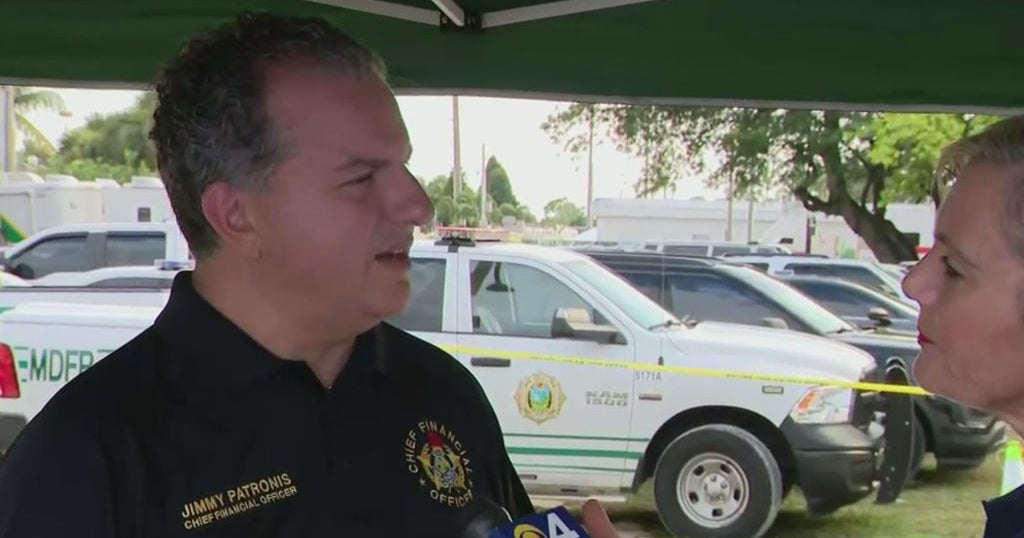State Supreme Court Orders Lawyers To File Online
TALLAHASSEE (AP) – Moving Florida's court system into the digital age, the state's highest court ordered on Thursday that pleadings and other documents be filed electronically.
Florida's Supreme Court justices also ordered lawyers to exchange pleadings with each other electronically.
In both cases, though, they agreed to phase in the requirements with the final deadline on Oct. 1, 2013, due in part to budgetary issues. Electronic filings currently are optional.
The requirements apply only to lawyers. Individuals representing themselves are exempt. So are governmental or public agencies in cases to which they are not parties.
Lawyers also can ask courts to be excused from exchanging documents with other attorneys by demonstrating they don't have email service or lack access to the Internet at their offices.
The Florida Public Defender Association and other criminal lawyers initially asked that criminal cases be exempted from the lawyer-to-lawyer electronic exchange requirement because some offices lacked the technology to comply.
They later proposed that the mandatory electronic exchanges be delayed until digital court filings also become effective.
Justice Barbara Pariente noted that prosecutors, public defenders and other lawyers working for the state "are operating under decreasing budgets so that while e-filing and email service will increase efficiency in the long run, resources to upgrade technology and train personnel are largely unavailable."
The electronic filing requirements will first go into effect for the Supreme Court and district courts of appeal on Oct. 1, 2012. The deadline for civil, probate, small claims and family law courts is April 1, 2013. For criminal, traffic and juvenile courts, it's Oct. 1, 2013.
Email service will be mandatory on Oct. 1, 2013 for lawyers practicing in criminal, traffic and juvenile courts although they can voluntarily serve documents electronically starting July 1.



